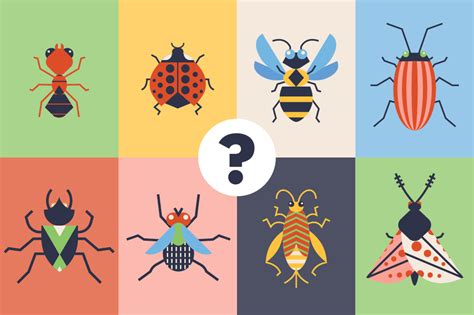Introduction
Insects play a vital role in the Earth’s ecosystems, providing pollination, decomposition, and other services essential for human survival. However, as the human population grows and our impact on the environment intensifies, insect welfare is increasingly threatened. This article explores the ethical implications of insect welfare, its importance, and the current and future initiatives aimed at ensuring the well-being of insects.

The Importance of Insect Welfare
Insects have intrinsic value as living beings, regardless of their benefit to humans. They experience pain, suffer when harmed, and possess complex and fascinating behaviors. Recognizing their inherent worth is essential for ethical treatment and long-term sustainability.
Moreover, insects are crucial for human well-being. They pollinate crops, control pests, and decompose organic matter, contributing trillions of dollars to the global economy. By protecting insects, we protect our own well-being and the health of ecosystems upon which we depend.
Challenges to Insect Welfare
Insects face numerous challenges that threaten their well-being:
- Habitat loss and fragmentation: Urbanization, agriculture, and other human activities destroy and fragment insect habitats, reducing their ability to survive and thrive.
- Climate change: Rising temperatures, altered precipitation patterns, and extreme weather events can disrupt insect breeding, feeding, and dispersal.
- Pesticide use: Pesticides intended to kill pests often harm beneficial insects, including pollinators and natural pest controllers.
- Invasive species: Invasive species compete with native insects for resources, potentially displacing or even extinguishing them.
Ethical Considerations
The ethical treatment of insects raises several key questions:
- Do insects have moral standing? Many philosophers argue that only animals possessing consciousness, emotion, and cognitive abilities have moral standing. However, some contend that all living beings, including insects, deserve ethical consideration due to their ability to experience suffering.
- How can we balance insect welfare with human interests? Ethical decisions often involve weighing the well-being of insects against the potential benefits to humans, such as food production and pest control. Finding an equitable balance is crucial.
- What responsibilities do we have towards insects? If insects do have moral standing, then we may have obligations to avoid causing them harm, protect their habitats, and promote their well-being.
Current and Future Initiatives
Recognizing the importance of insect welfare, several initiatives are underway to address these challenges:
- Integrated Pest Management (IPM): IPM aims to reduce pesticide use and promote natural pest control methods, protecting beneficial insects.
- Habitat restoration and conservation: Creating and protecting insect-friendly habitats, such as native plant gardens and wildlife reserves, provides essential resources for survival.
- Education and outreach: Raising awareness about insect welfare and ethical considerations can foster a greater appreciation for these vital creatures.
- Scientific research: Continued research on insect behavior, pain perception, and ecological roles is crucial for developing informed conservation strategies.
Conclusion
Insect welfare and ethics are intertwined with the health of our planet and our own well-being. By recognizing their intrinsic value, addressing the challenges they face, and implementing ethical initiatives, we can create a future where insects thrive alongside humans, providing essential services and contributing to a sustainable ecosystem.





















